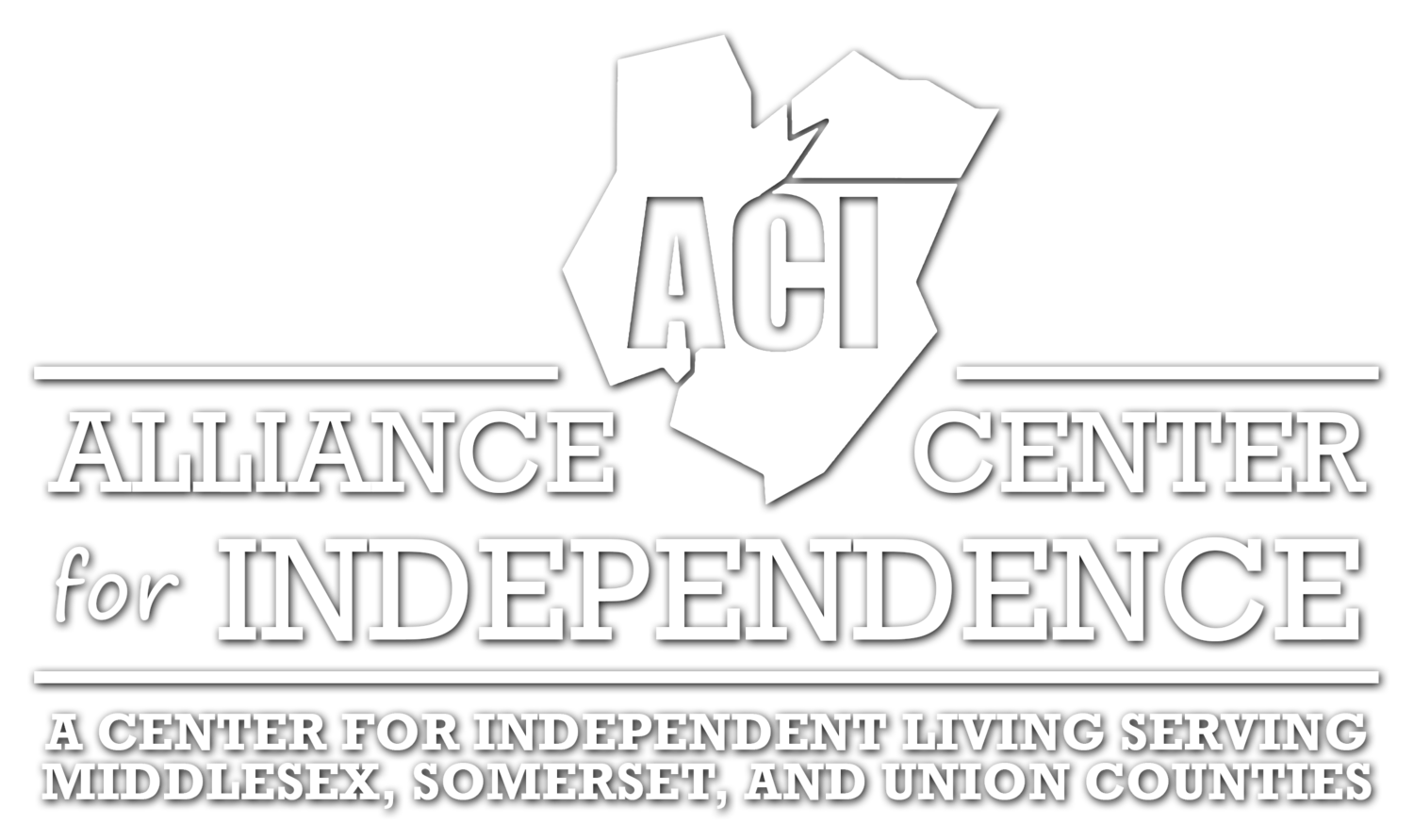A message from the Mental Health Association in New Jersey
On August 7, New Jersey made important progress in our efforts to end stigma when Governor Christie signed A3357/S2224 into New Jersey law. The passing of this law will result in the removal of negative terms referring to people with psychiatric, cognitive or developmental disabilities in state statutes. The bills were sponsored by Assemblywoman Valerie Vainieri Huttle and Senate Majority Leader Loretta Weinberg with many co-sponsors. It is important to note that the bill passed through both the New Jersey Senate and Assembly with unanimous positive votes in both houses!
Mental illness can strike anyone. It knows no age limits, economic status, race, creed or color. During the course of a year, one in four families is affected by mental illness. Many people have wrong and damaging ideas on the subject. Their opinions affect their actions and often prevent New Jersey residents with mental illness from living productive lives and contributing to their communities. Stigma around mental illness is often a huge obstacle to individual recovery. Accurate facts and information may help change negative ideas and help develop more informed and fair opinions.
"The Mental Health Association in New Jersey applauds our legislators for recognizing the importance of language in the fight against stigma," stated Carolyn Beauchamp, President and CEO of the Mental Health Association in New Jersey (MHANJ).
"Opinions are often formed by what is said, words that are used to describe mental illness or those with a mental illness. Changing outdated, disparaging language in our laws makes a strong statement that in New Jersey we are taking responsibility at the highest levels to acknowledge and remove destructive words that have contributed to stigma against those suffering with a mental illness," said Senator Weinberg.
"This is an important step in helping to change opinions about mental illness that are negative and based on incorrect information. These views cause stigma which often inhibits people who have mental illness from seeking treatment due to fear of repercussions of public knowledge of their problem. The treatment they avoid could be the key to enable them to lead productive lives and contribute to their communities," stated Assemblywoman Huttle.
Ultimately, this law eliminates demeaning and disrespectful terms when referring to persons with psychiatric, cognitive or developmental disabilities. For example: first-person language is now used; provisions are made gender neutral to the extent possible; anachronistic and unclear language has been eliminated or refined; and the names of institutions and agencies have been made current.
Examples of language to be replaced include:
Old Language
- Lunatic
- Institution for the Blind, Feeble Minded, Epileptic, and Insane
- Insane Asylum
- Incompetent
New Language
- Mentally Incapacitated
- Institutions for persons who are blind or have a mental illness or developmental disability
- Psychiatric Facility; Psychiatric Hospital
- Incapacitated
The MHANJ, Disability Rights New Jersey and other community partners consulted with the New Jersey Law Revision Commission as the bill was designed and developed. The MHANJ in a leadership role, along with the New Jersey Mental Health Coalition and others in the mental health community were strong advocates in supporting the bill.
SOURCE: MHANJ's Cutting Edge Newsletter




